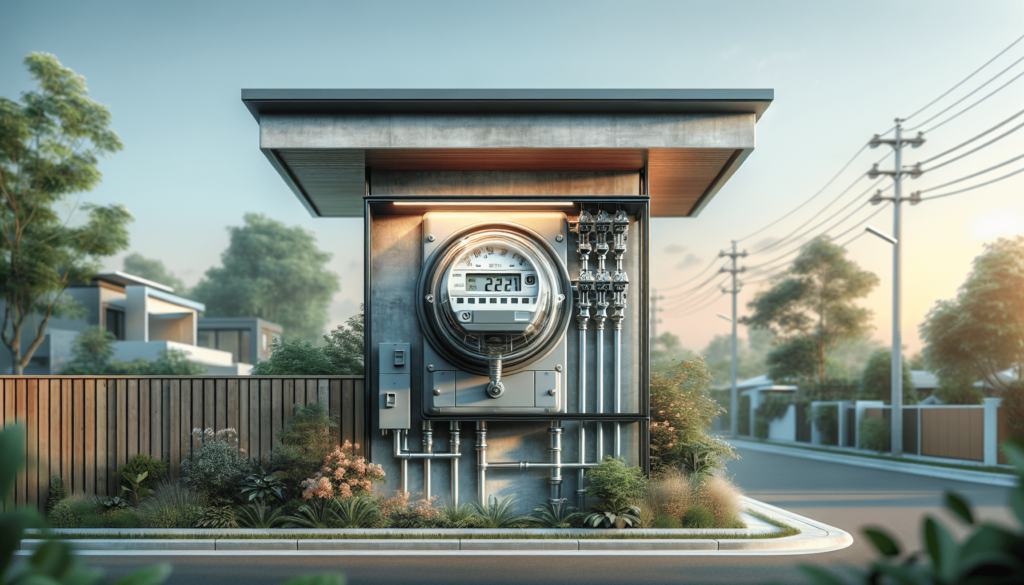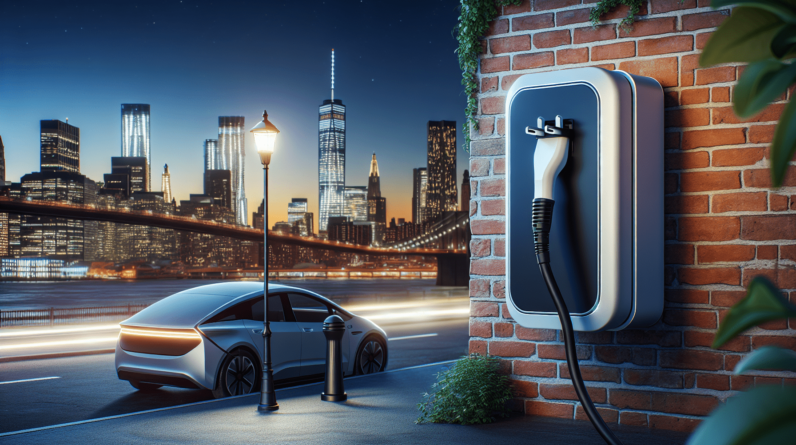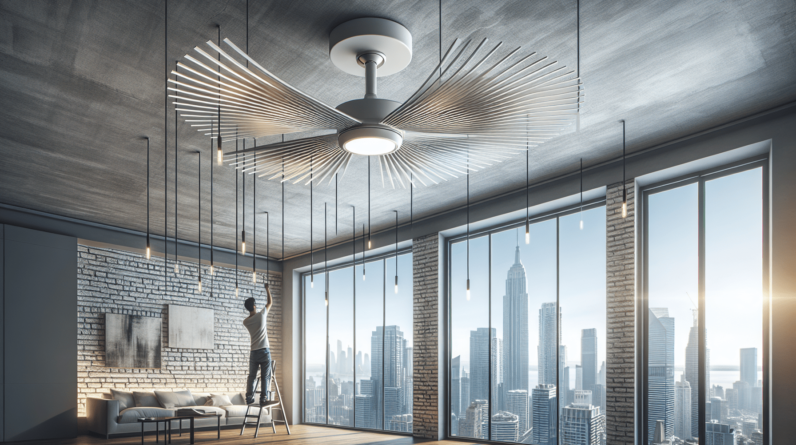

Have you ever wondered what happens behind the scenes when you flip a light switch or plug in your phone to charge?
Understanding the Electrical Meter House
An electrical meter house serves as a crucial part of the electrical infrastructure for residential and commercial buildings. This structure is primarily responsible for housing the electrical meter, which tracks the amount of electricity consumed in a property. Understanding how the electrical meter house functions can help you grasp the basics of your electricity usage.
The Purpose of an Electrical Meter House
The primary purpose of the electrical meter house is to provide a safe environment for your electrical meter. It is designed to protect the meter from the elements while ensuring easy access for utility workers. A well-constructed meter house ensures accuracy in the readings, which ultimately impacts your electricity bill.
Key Components of an Electrical Meter House
The Electrical Meter
At the heart of the electrical meter house is the electrical meter itself. This device accurately measures the power consumption of your home or business, and it typically uses either analog or digital technology.
-
Analog Meters: These have spinning disks and dials that provide a visual representation of your energy usage.
-
Digital Meters: These display usage in a straightforward numerical format and may offer additional features, like real-time consumption data.
Service Head
The service head is the part of the electrical meter house where the utility company’s power lines connect to your property. This connection is crucial as it allows electricity to flow into your home.
Circuit Breakers and Fuses
Some meter houses also contain circuit breakers or fuses that protect your home from overloads. These components can automatically shut down when there’s a fault, preventing a potential fire hazard or electrical damage.

Electrical Meter House Location
Choosing the right location for your electrical meter house is essential for functionality and safety.
Accessibility
You want the meter house to be easily accessible for maintenance and reading, which usually means placing it near the front of your property or close to the main power source.
Compliance with Regulations
Local building codes may dictate specific requirements regarding distance from structures, landscaping, and overall accessibility, so it’s critical to know these laws before setting up your meter house.
Electrical Meter House Construction
The construction of an electrical meter house is another important aspect to consider.
Materials
Typically, meter houses are constructed from durable materials such as fiberglass, metal, or treated wood. The choice of material can impact the lifespan and performance of the meter house.
Design Considerations
When designing the electrical meter house, the following factors should be considered:
- Ventilation: Proper airflow can prevent overheating.
- Insulation: This helps in protecting the equipment from extreme weather conditions.
- Size: Ensure that it has enough room for the meter and any additional equipment.
Security Features
It is also wise to consider adding security features, such as locks or alarm systems, to deter vandalism or tampering with the utility equipment.

Maintenance of Electrical Meter House
Keeping your electrical meter house well-maintained is crucial to ensure the longevity and reliability of your electric meter.
Regular Inspections
Scheduling regular inspections can help identify issues before they escalate. This includes checking for cracks, leaks, and evidence of pests.
Cleaning
Dirt and debris can affect the performance of the meter, so regular cleaning, both inside and out, can enhance the efficiency of your electric system.
Reading Your Electrical Meter
It’s beneficial for you to understand how to read your electrical meter to keep track of your energy consumption.

Analog Meters
If you have an analog meter, read the dials from left to right. The number each dial shows reflects your kilowatt-hour (kWh) usage.
Digital Meters
With digital meters, it’s as simple as looking at the displayed number. Just note the reading on your bill cycle’s date.
Understanding Your Electricity Bill
Your electricity bill can be deciphered if you know the key components.
Usage Charges
Most bills break down your energy usage in kWh, which directly affects your bill amount.
Service Fees
In addition to usage, you may have service charges, taxes, and additional fees to consider.
Understanding Rate Plans
Utility companies often offer different rate plans. Knowing which plan works best for your needs can help manage your costs.
Safety Around Electrical Meter Houses
Safety should always be a priority when dealing with any electrical components.
Keep the Area Clear
Make sure the area around the meter house is free from overgrown plants, debris, or other obstructions.
Report Damage Immediately
If you notice any damage to your electrical meter or the meter house, contact your utility provider immediately to avoid potential hazards.
Common Issues with Electrical Meter Houses
Despite their robust design, electrical meter houses may face some common issues.
Weather Damage
Extreme weather can lead to deterioration of the materials used in the construction of the meter house, necessitating repairs or replacements.
Electrical Failures
Should the meter itself fail, it may not accurately measure your energy consumption, leading to billing issues.
Upgrades and Smart Meters
With advancements in technology, many utility companies are transitioning to smart meters.
What Are Smart Meters?
Smart meters offer real-time monitoring of energy usage, allowing for more accurate billing and greater user control over electricity consumption.
Benefits of Smart Meters
- Real-time Data: Receive updates on your energy usage instantly.
- Usage Insights: Track when you use the most energy and adjust your habits accordingly.
Future of Electrical Meter Houses
As technology progresses, the future of electrical meter houses is likely to involve increased automation and data analytics.
Integration with Smart Grids
Smart grids will allow for more efficient energy distribution and better load management, thus optimizing electricity use throughout communities.
Improved Metering Technologies
Expect innovations in meter technologies that provide even more detailed insights into your energy consumption, enabling smarter usage patterns.
Conclusion
Understanding the significance of an electrical meter house, along with its components and functions, can empower you as a homeowner or business operator to make informed decisions about your energy use. From recognizing the importance of maintenance to staying safe around your electrical systems, being informed can benefit your household or business in the long run. You have the power to take charge of your energy consumption, and knowledge is the first step.






